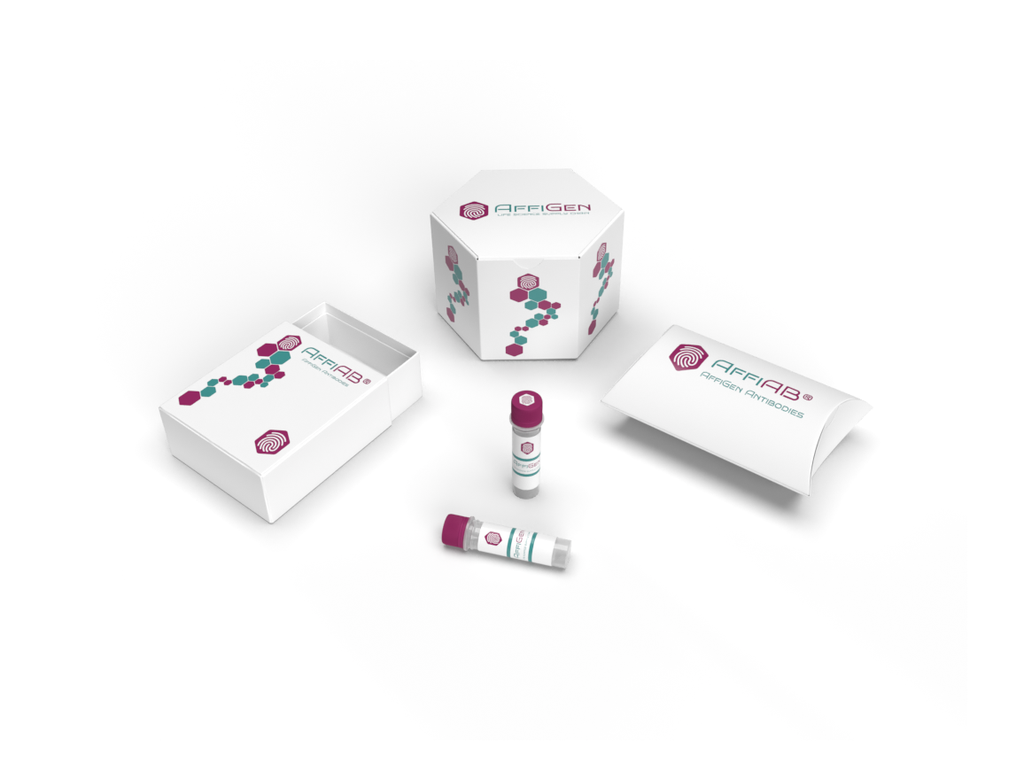AffiAB® Anti-macroH2A.1 Antibody
Variant histone H2A which replaces conventional H2A in a subset of nucleosomes where it represses transcription. Nucleosomes wrap and compact DNA into chromatin, limiting DNA accessibility to the cellular machineries which require DNA as a template. Histones thereby play a central role in transcription regulation, DNA repair, DNA replication and chromosomal stability. DNA accessibility is regulated via a complex set of post-translational modifications of histones, also called histone code, and nucleosome remodeling. Involved in stable X chromosome inactivation. Inhibits the binding of transcription factors, including NF-kappa-B, and interferes with the activity of remodeling SWI/SNF complexes. Inhibits histone acetylation by EP300 and recruits class I HDACs, which induces a hypoacetylated state of chromatin.
Antibody type
Rabbit polyclonal Antibody
Uniprot ID
SwissProt: O75367 Human; SwissProt: Q9QZQ8 Mouse
Recombinant
NO
Conjugation
Non-conjugated
Host
Rabbit
Isotype
IgG
Clone
N/A
KO/KD
N/A
Species reactivity
Human, Mouse
Tested applications
WB, IHC-P, FC
Predicted species reactivity
N/A
Immunogen
Recombinant protein within human macroH2A.1 aa 190-372.
Storage
Store at +4°C after thawing. Aliquot store at -20°C. Avoid repeated freeze / thaw cycles.
Form
Liquid
Storage buffer
1*PBS (pH7.4) , 0.2% BSA, 50% Glycerol. Preservative: 0.05% Sodium Azide.
Concentration
1 mg/mL.
Purity
Immunogen affinity purified.
Signal pathway
N/A
Recommended dilutions
WB: 1:500; IHC-P: 1:50-1:200; FC: 1:50-1:100
Molecular Weight
40 kDa
Subcellular location
Nucleus.
Positive control
Mouse pancreas tissue, SiHa, PC-3M, human colon tissue, human placenta tissue, mouse brain tissue.
